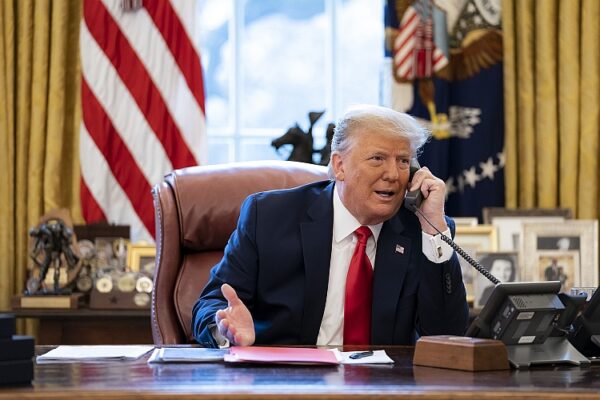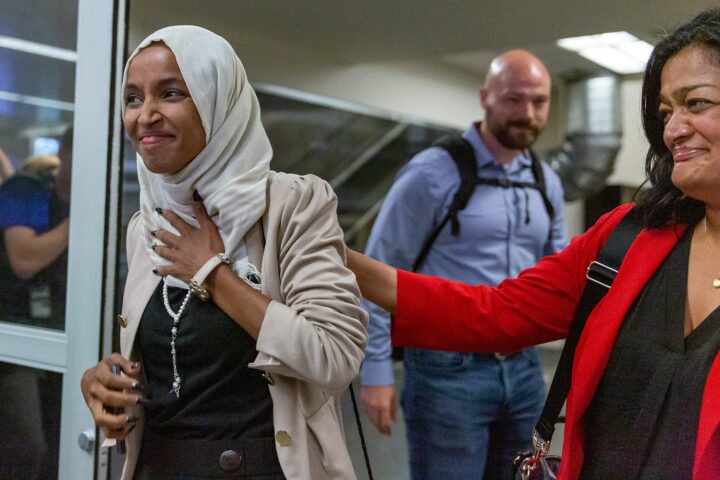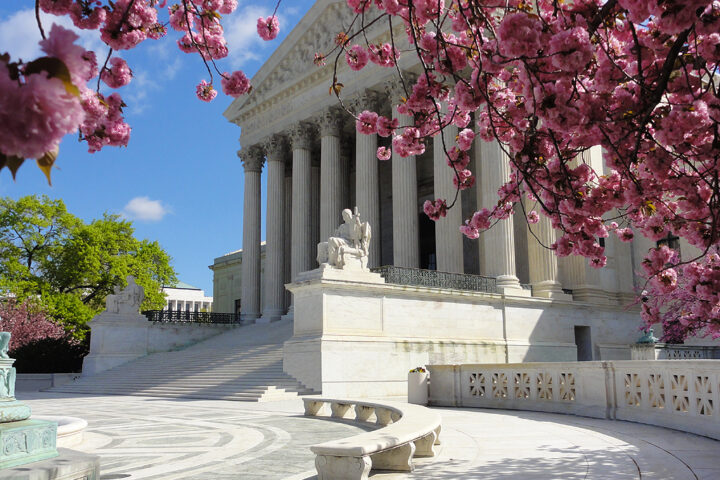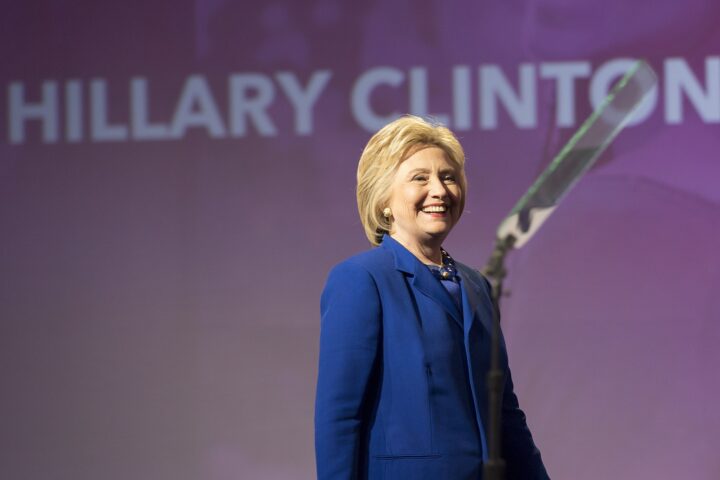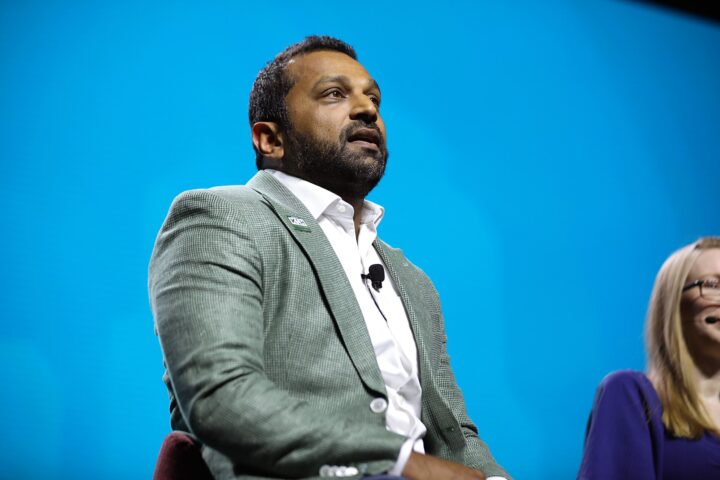President Donald J. Trump reportedly defended his decision to allow hundreds of thousands of Chinese students into American universities, dismissing criticism from some of his own supporters who argue the move runs counter to his “America First” platform.
In an interview with The Daily Caller released Sunday, Mr. Trump said he believed welcoming Chinese students was both strategically and economically beneficial for the United States. “China is paying America a lot of money right now,” he said, insisting the decision was “the right thing to do.”
“I have a very good relationship with President Xi,” Mr. Trump continued. “I think it’s very insulting to a country when you say you’re not going to take your students.”
Mr. Trump’s remarks, delivered after a week of meetings with Asian leaders, represent a clear shift in tone from earlier in the year, when his administration had emphasized limiting visas for Chinese nationals. Secretary of State Marco Rubio had previously pledged to “aggressively” revoke visas from students linked to the Chinese Communist Party or enrolled in sensitive technological fields.
The president, however, framed the new policy as a demonstration of strength, not weakness. “You know, I get along with China,” he said. “China’s paying us a lot of money right now. They’re paying us hundreds of millions of dollars.”
During a meeting with the president of South Korea last week, Mr. Trump had underscored the importance of his relationship with Beijing. “We’re going to allow their students to come in. We’re going to allow it. It’s very important — 600,000 students. It’s very important,” he told reporters.
Critics have questioned whether the figure undercuts the administration’s broader immigration crackdown, which has largely sought to curtail student visas. But in his interview Friday, Mr. Trump clarified that the number would be spread over “two years” and stressed that no concessions had been made to China in return.
“No, no, I don’t want anything in return. We’re doing well. They’re paying us hundreds of billions of dollars,” he said. He also drew contrasts with his predecessor. “They paid Biden, you know? Well, Biden left mine, you know, I did this in my first term.”
For Mr. Trump, the move was not about retreating from toughness on China but about advancing U.S. leverage in an era of great-power competition. He pointed to his record of tariffs as evidence of his willingness to confront Beijing. “And then when COVID came, it was hard to say to Italy, which was just getting decimated, right? Italy and France and Spain, we’re going to put taxes on yourself. We’re going to charge you a nice tax or tariff,” he recalled.
“So, no, I just think it’s, I think it’s, I think what we’re doing is the right thing to do. It’s good to get along with countries, not bad, especially, you know, nuclear-powered countries,” he added.
Mr. Trump initially imposed tariffs on China during his first term, measures that President Biden later maintained. His latest comments arrive as Washington and Beijing continue tense trade negotiations, with both sides having raised tariffs earlier this year before agreeing to scale them back during ongoing talks.
For conservatives who see the United States’ relationship with China as a test of American strength, Mr. Trump’s words were clear: the country can hold firm on trade while also exercising confidence in educational and diplomatic exchange.
[READ MORE: Trump Uses Past Life To Fix White House]

